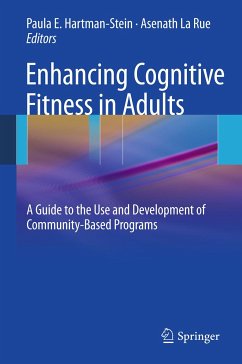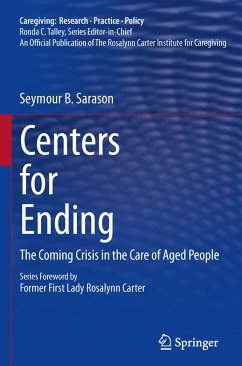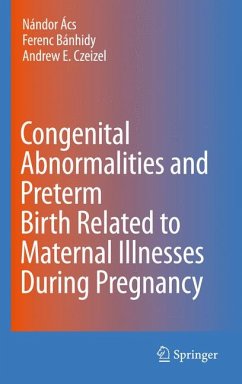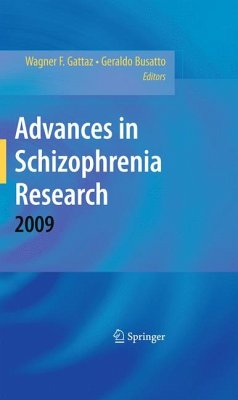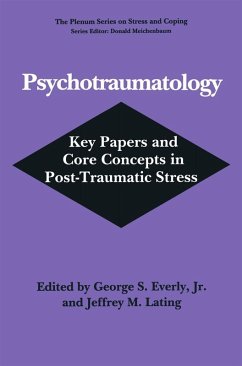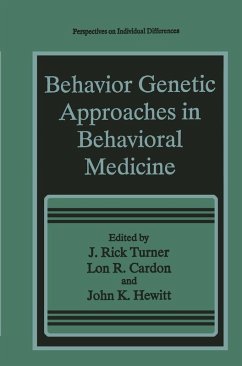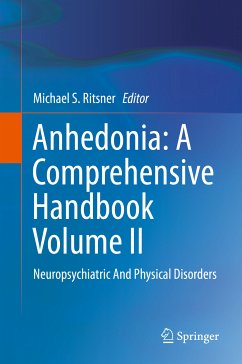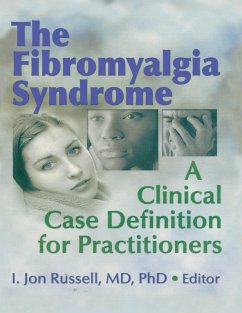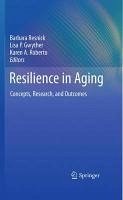
Resilience in Aging (eBook, PDF)
Concepts, Research, and Outcomes
Redaktion: Resnick, Barbara; Roberto, Karen A.; Gwyther, Lisa P.
Versandkostenfrei!
Sofort per Download lieferbar
112,95 €
inkl. MwSt.
Weitere Ausgaben:

PAYBACK Punkte
56 °P sammeln!
The many significant technological and medical advances of the 21st century cannot overcome the escalating risk posed to older adults by such stressors as pain, weakness, fatigue, depression, anxiety, memory and other cognitive deficits, hearing loss, visual impairment, isolation, marginalization, and physical and mental illness. In order to overcome these and other challenges, and to maintain as high a quality of life as possible, older adults and the professionals who treat them need to promote and develop the capacity for resilience, which is innate in all of us to some degree. The purpose ...
The many significant technological and medical advances of the 21st century cannot overcome the escalating risk posed to older adults by such stressors as pain, weakness, fatigue, depression, anxiety, memory and other cognitive deficits, hearing loss, visual impairment, isolation, marginalization, and physical and mental illness. In order to overcome these and other challenges, and to maintain as high a quality of life as possible, older adults and the professionals who treat them need to promote and develop the capacity for resilience, which is innate in all of us to some degree. The purpose of this book is to provide the current scientific theory, clinical guidelines, and real-world interventions with regard to resilience as a clinical tool. To that end, the book addresses such issues as concepts and operationalization of resilience; relevance of resilience to successful aging; impact of personality and genetics on resilience; relationship between resilience and motivation; relationship between resilience and survival; promoting resilience in long-term care; and the lifespan approach to resilience.
By addressing ways in which the hypothetical and theoretical concepts of resilience can be applied in geriatric practice, Resilience in Aging provides inroads to the current knowledge and practice of resilience from the perspectives of physiology, psychology, culture, creativity, and economics. In addition, the book considers the impact of resilience on critical aspects of life for older adults such as policy issues (e.g., nursing home policies, Medicare guidelines), health and wellness, motivation, spirituality, and survival. Following these discussions, the book focuses on interventions that increase resilience. The intervention chapters include case studies and are intended to be useful at the clinical level. The book concludes with a discussion of future directions in optimizing resilience in the elderly and the importance of a lifespanapproach to aging.
By addressing ways in which the hypothetical and theoretical concepts of resilience can be applied in geriatric practice, Resilience in Aging provides inroads to the current knowledge and practice of resilience from the perspectives of physiology, psychology, culture, creativity, and economics. In addition, the book considers the impact of resilience on critical aspects of life for older adults such as policy issues (e.g., nursing home policies, Medicare guidelines), health and wellness, motivation, spirituality, and survival. Following these discussions, the book focuses on interventions that increase resilience. The intervention chapters include case studies and are intended to be useful at the clinical level. The book concludes with a discussion of future directions in optimizing resilience in the elderly and the importance of a lifespanapproach to aging.
Dieser Download kann aus rechtlichen Gründen nur mit Rechnungsadresse in A, B, BG, CY, CZ, D, DK, EW, E, FIN, F, GR, HR, H, IRL, I, LT, L, LR, M, NL, PL, P, R, S, SLO, SK ausgeliefert werden.





